
To walk, or not to walk? That is the question with colic.
Walking won’t cure colic and it isn’t always in your horse’s best interest (or yours) to walk him for hours and hours.
» View Article
Walking won’t cure colic and it isn’t always in your horse’s best interest (or yours) to walk him for hours and hours.
» View Article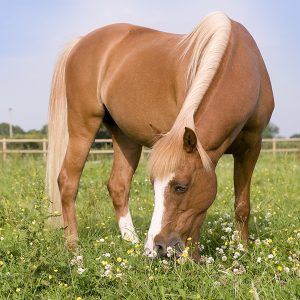
Excessive salivation in a horse can be dramatic when it appears as a bubbly or foamy mouth with strings of drool leading to a puddle on the barn floor.
» View Article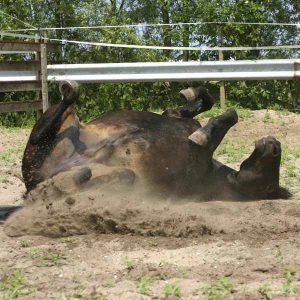
Gas colic is one of the more common types of colic and one of the least serious. It is caused...
» View Article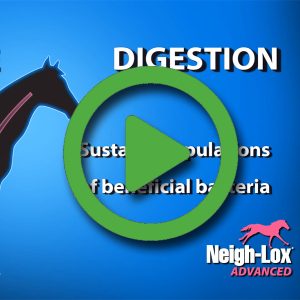
Horses with a busy lifestyle are at high risk for digestive upset. Limited grazing, larger grain meals, and frequent traveling...
» View Video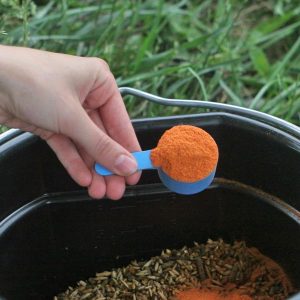
What are electrolytes? Imagine you are riding your horse on a hot summer day. If you do more than walk,...
» View Article
Neigh-Lox Advanced contains a proprietary blend of research-proven ingredients that work synergistically to maintain healthy equine GI tract tissues.
» View Article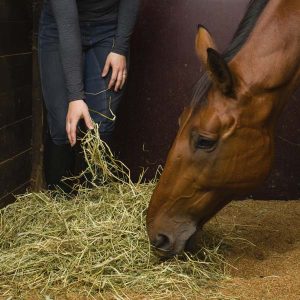
Does it really matter? The terms probiotic and prebiotic are showing up more and more often on feed bags and...
» View Article
Article re-posted with kind permission by Equine Guelph: http://equineguelph.ca/news/index.php?content=353 By Gayle Ecker, Director of Equine Guelph The fall is a...
» View Article
What is a fructan? Fructan is a type of sugar found in cool-season grasses. Instead of being digested in the...
» View Article
Horses need to drink a minimum of 10 to 12 gallons of water a day to stay healthy, no matter...
» View Article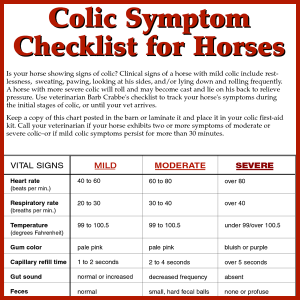
Do you know the difference between mild, moderate, and severe colic symptoms when you check your horse’s vital signs? Here...
» View Article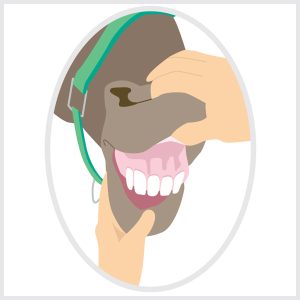
This is post 4 of 4 in the series “Horse Vital Signs” Horse Vital Signs Part 1 – What Is...
» View Article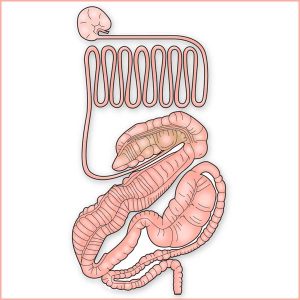
Bugs? What bugs? Horses are hindgut fermenters. In other words, the hindgut portion of your horse’s digestive tract contains millions...
» View Article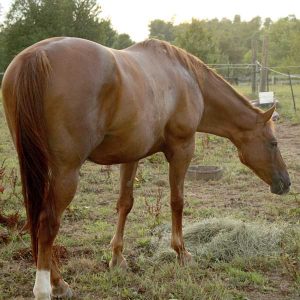
In Clarifying Carbohydrates Part I, we reviewed simple carbohydrates and in Clarifying Carbohydtrates Part II we looked at rapidly fermentable carbohydrates. This Nutritional Minute describes slowly fermentable carbohydrates (fiber) and discusses the concerns associated with all carbohydrates in the equine diet.
» View Article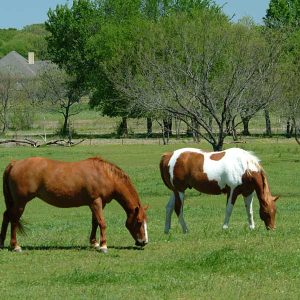
There are many types of carbohydrates in equine diets, including simple carbohydrates, rapidly fermentable carbohydrates, and complex, slowly fermentable carbohydrates. Your horse digests each type of carbohydrate differently. Some types of carbs are better for your horse than others. Click here for Clarifying Carbohydrates Part I for information on simple carbs. This time we will reviewing rapidly fermentable carbs.
» View Article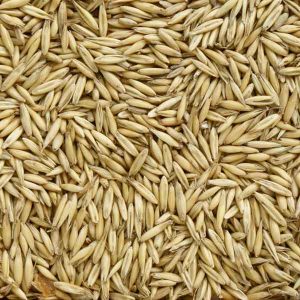
There are three different types of carbohydrates utilized by horses: simple sugars and starches, rapidly fermentable carbohydrates, and structural carbohydrates. This part of our series will deal with simple sugars and starches.
» View Article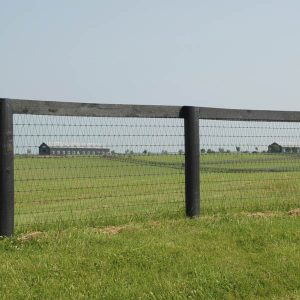
It is that time of the year again, when grass pastures can be unsafe for at-risk horses! Grazing management is...
» View Article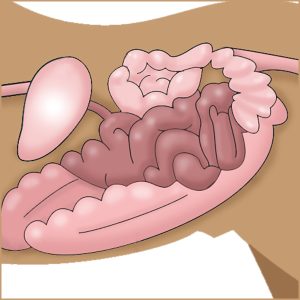
Your horse is a home The digestive tract of your horse is home to millions of microorganisms that aid in...
» View Article
Do you believe gastric ulcers affect only high-performance athletes such as racehorses or Olympic contenders? Do you believe it takes...
» View Article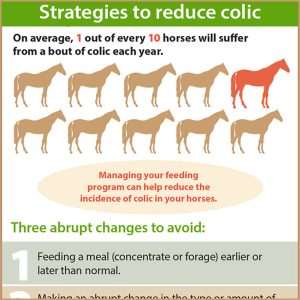
On average, 1 out of every 10 horses will suffer from a bout of colic each year. Managing your feeding program can help reduce colic in horses.
» View Article
Dehydration can be as much of a problem in winter as it is in the summer. Horses need to drink...
» View Article
As equine athletes, our horses constantly run the risk of injury. When injury occurs, the horse is faced with a...
» View Article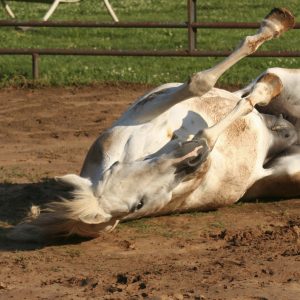
Common myth: If a colicky horse is passing manure, he will be fine. Busted: Not necessarily so, say veterinary surgeons....
» View Article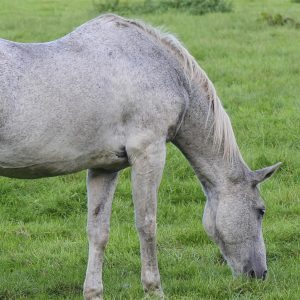
Recent research at the University of Kentucky shows that including prebiotics in a senior horse’s diet significantly reduces the markers...
» View Article
"*" indicates required fields